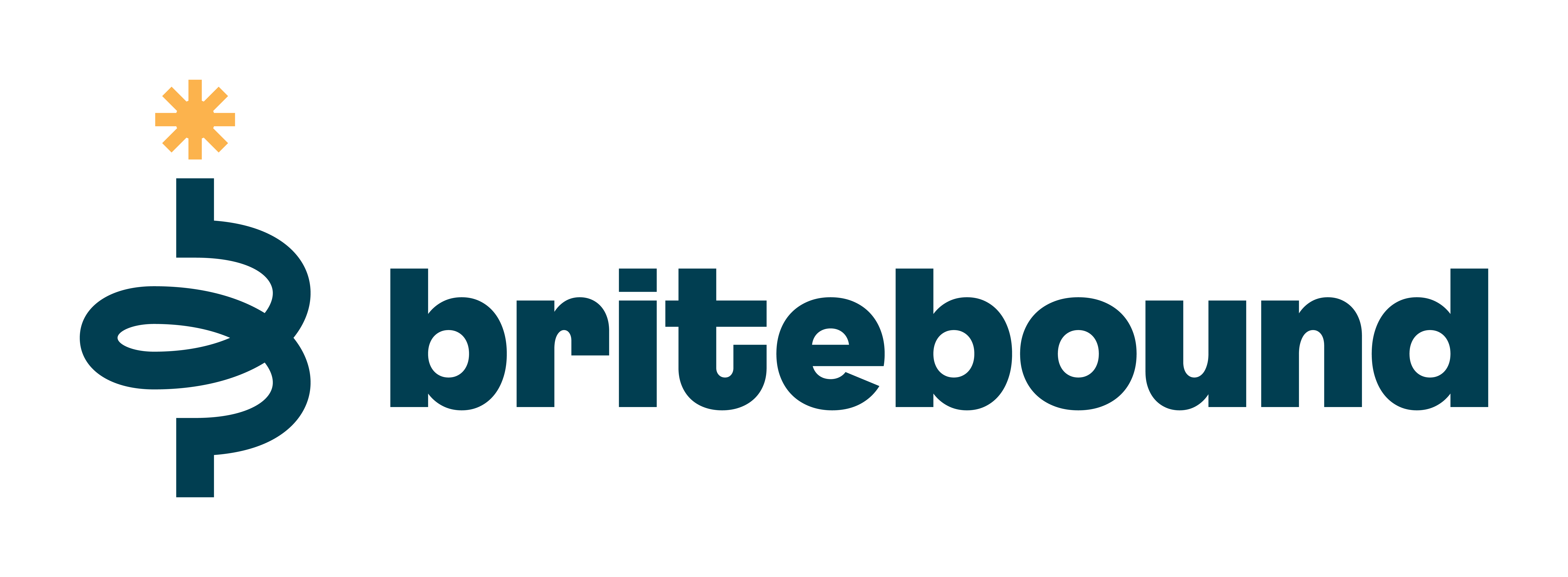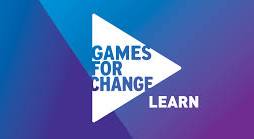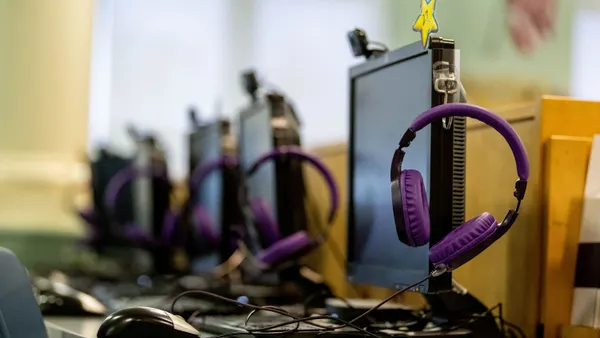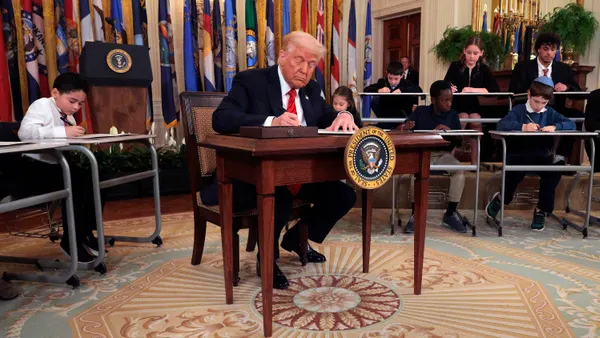Dive Brief:
- Federal Communications Commission Chairman Ajit Pai is expected to issue a full proposal Wednesday calling for an end to net neutrality protections, with a full vote by the commission expected to come Dec. 14, Education Week reports.
- Under net neutrality, internet service providers must treat all content equally, delivering it at the same speeds, and proponents fear a reversal will result in a landscape where companies can pay to have their content delivered faster than competitors or throttle the speed at which content by their competitors is delivered on their own networks.
- The move has raised concerns among education administrators that larger companies will pay for faster delivery of their content at the expense of online resources from competitors, and those in the ed tech community are concerned about how that environment could harm startups and other small companies.
Dive Insight:
Pai has suggested that net neutrality rules have harmed innovation, hindering broadband investment and expansion by corporations. But consumer advocates and many major tech companies like Facebook, Google, Amazon and Netflix have expressed support for the regulations. Should they be rolled back, schools will particularly have to consider whether a decision to adopt digital materials beyond what's offered by major providers could result in those resources potentially being delivered at a slower speed.
Net neutrality isn't the only FCC matter concerning schools: Pai has also been noted as a critic of the federal E-rate program, which helps provide broadband services to schools at a more affordable rate, and a report highlighting the program's success was reportedly withdrawn following his nomination. He has since reportedly told Congress that he believes "E-rate is a program worth fighting for," but some advocates have remained unconvinced and suggested that schools and districts shouldn't take the funding for granted. One upside for those advocates is that Democratic FCC Commissioner Jessica Rosenworcel, a staunch proponent of the E-rate program and its potential ability to help close the "homework gap," was also renominated back to the FCC by the Trump administration.











